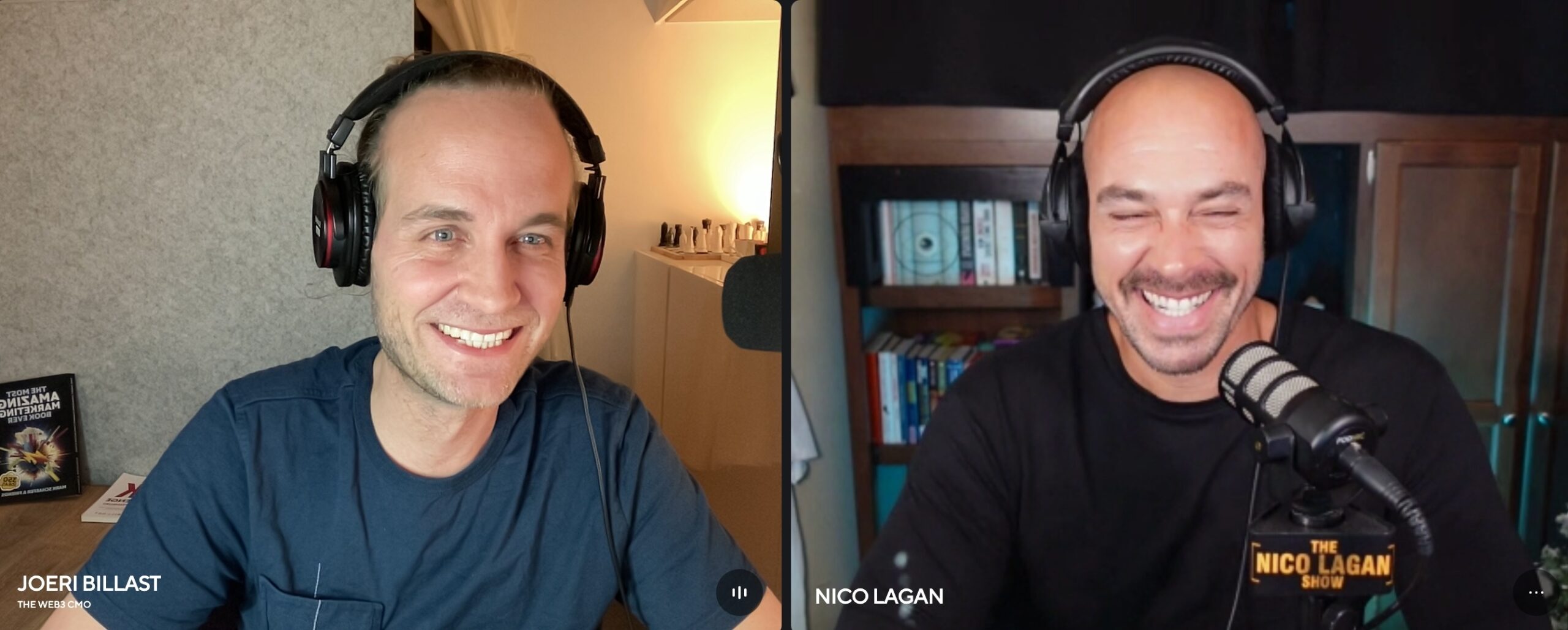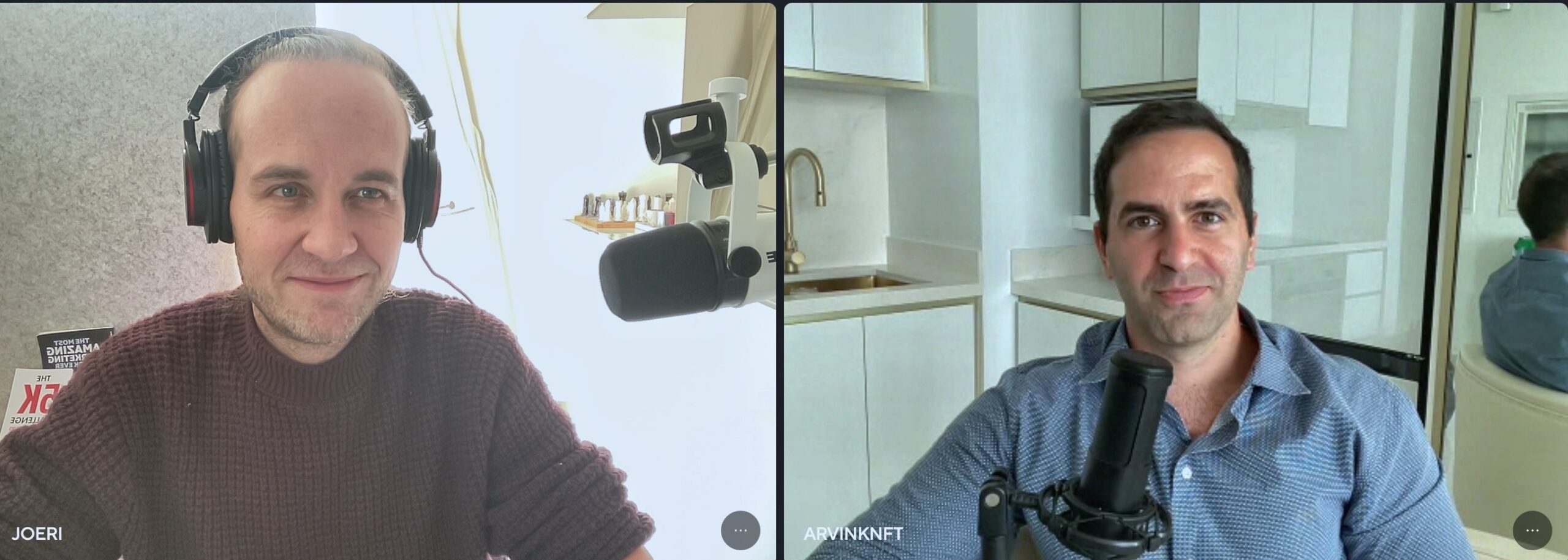Joe Pulizzi is the founder of multiple startups, including content-creating education site the Tilt, the Content Entrepreneur Event, and Creator Economy Expo. He is also a best-selling author of seven books, including Content Inc. and Epic Content Marketing, which Fortune Magazine named a must-read business book.
Joe is best known for his work in content marketing, first using the term in 2001, and then launching Content Marketing Institute and Content Marketing World Event. And then in 2014, Joe received a lifetime achievement award from the content council, successfully exited CMI in 2016, and consequently wrote an award-winning mystery novel, the Will to Die. He also has two weekly podcasts. He is the founder of the Orange Effect Foundation which delivers speech therapy and technology services to over 200 children in 34 states. He is called the godfather of content marketing.
In 2007, Joe started the Content Marketing institute. Before this, he saw Google and Facebook entering the space but not doing much to build audiences. So, he started his institute. His goal was to help businesses tell better stories if they wanted to be found and sell products and services.
Joe talked about his book, Content Inc., and how it has a whole model for how any company can build an audience and monetize it. The most important thing in this regard for companies is to understand how are they different in storytelling and be very specific about their target audience. And then what's the thing they’re going to be creating content around that is different from everything else out there? The next most important thing is choosing the right platform, one particular platform. He added it’s better to be excellent at one platform than to be mediocre at everything. Niche-oriented businesses are likely to build a loyal audience. Joe further talked about subscriber hierarchy. According to him starting at one social media platform is fine but the ultimate goal should be owned property like an email newsletter or Web3 so the dependency on the middleman cannot affect a business’s relationship with its audience.
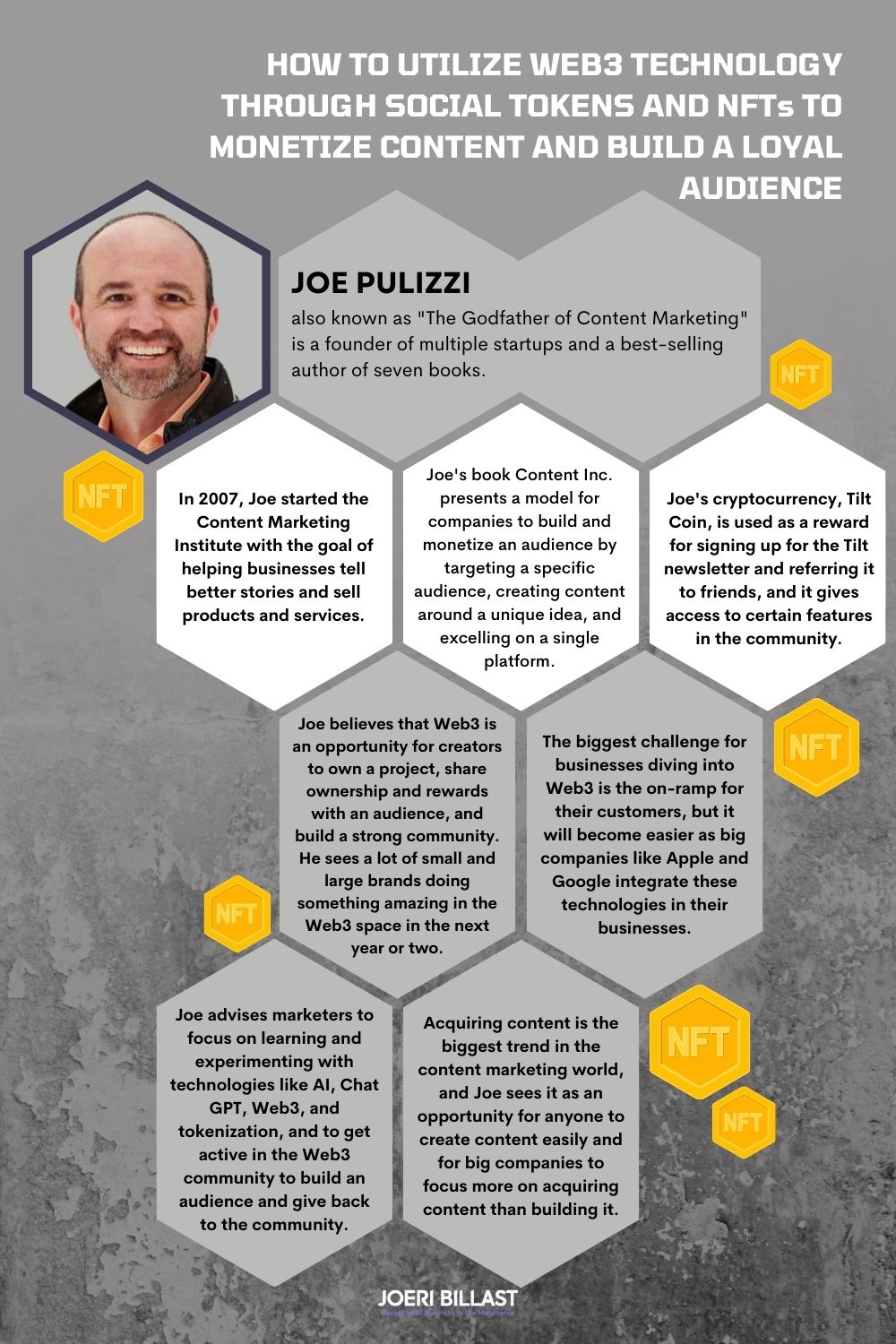
Joe started getting in Web3 in 2020 during the pandemic when he was writing Content Inc. and came across NFTs and social tokens. He became interested in it and considered it as an opportunity for a creator to own a project, and share ownership and rewards with an audience. Joe considered this opportunity at the top of the subscriber hierarchy, even above email newsletters. He launched his social token, Tilt Coin on the Rally Network. He also launched an NFT program in his community with never-ending tickets as part of their annual Event Creator Economy Expo held every May. That never-ending ticket has helped Joe put together one of the strongest communities. There are 60 never-ending ticket holders in his community and they all play a major role in everything that happens in the community. Despite all the negativity surrounding Web3, Joe thinks it’s the best time to start building a Web3 project. He said it’s best to focus on what a project could do for a business or its audience instead of the collectability aspect of it. In the next year or two, he sees a lot of small as well as large brands doing something amazing in the Web3 space.
According to Joe, the biggest challenge right now for businesses diving into Web3 is the on-ramp for their customers. He said that most people get shy away right off because of their low familiarity with Web3 concepts and wallets. But with the passage of time and big companies like Apple and Google integrating these innovative technologies in their businesses, getting customers on board will become easier.
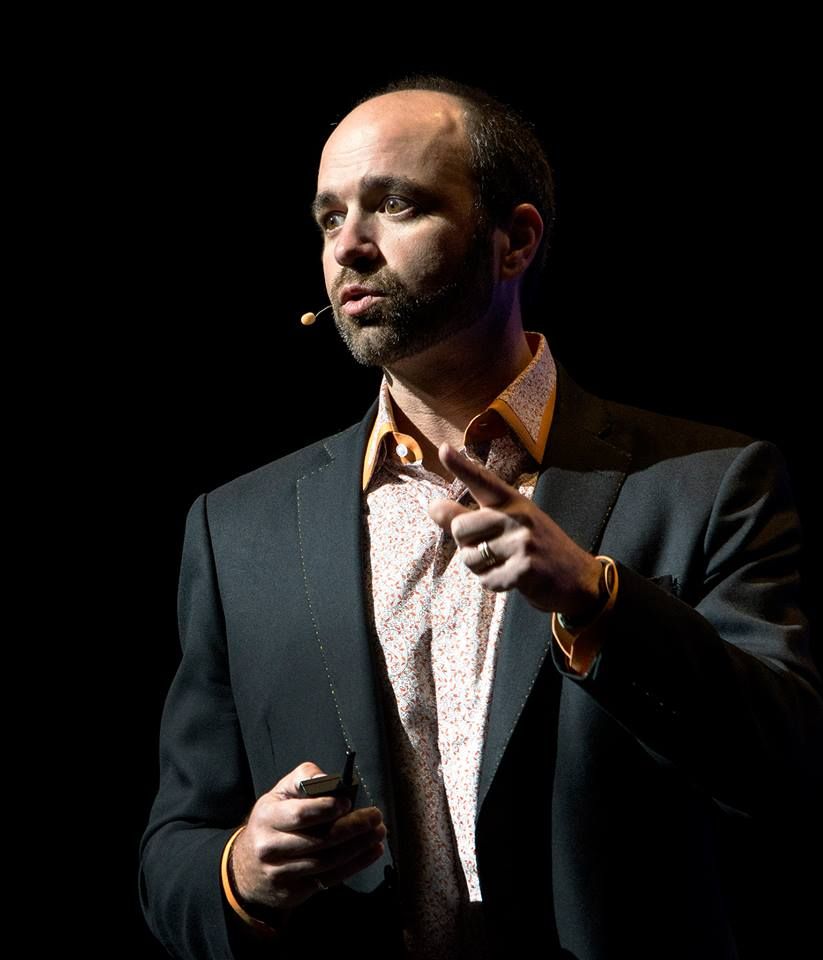
Joe Pulizzi
Talking about getting the attention of people about Tilt Coin, Joe’s cryptocurrency, he mentioned they referred to it as a currency that if you do certain things with it, you could get certain things in return. If you sign up for the Tilt newsletter, you immediately receive Tilt Coin. And then if you referred the newsletter to your friends, you received more Tilt coins. The number of Tilt coins you have gives you access to certain features in the community.
The focus should be on learning and experimenting with technologies like AI, Chat GPT, Web3, and tokenization, says Joe. Joe does not see a lot of marketers in Metaverse right now, but he thinks it is important for them to understand what problem they’re trying to solve before actually starting a project in it. Joe advised anyone who is not doing a project in Web3 right now to get active in the Web3 community either by finding an interesting project or by becoming part of a community. Once you become familiar with tokens and have a digital wallet, start building an audience. Give something back to the community and do something for your loyal customers. Give them early pieces of your products or services or a token to your project to build a good relationship with them.
In the content marketing world, Joe says acquiring content is the biggest trend right now. When Joe first started in the creator economy business in 2000, generating content was not nearly as easy as it is now. He sees the current saturated market as an opportunity for anyone to create content so easily. Anyone today can create a YouTube channel or email newsletter to create content. There are also options available to build from scratch or buy a premade version. A lot of big companies these days are focused more on acquiring content than actually building it and Joe believes it’s going to become even big in the next two years.
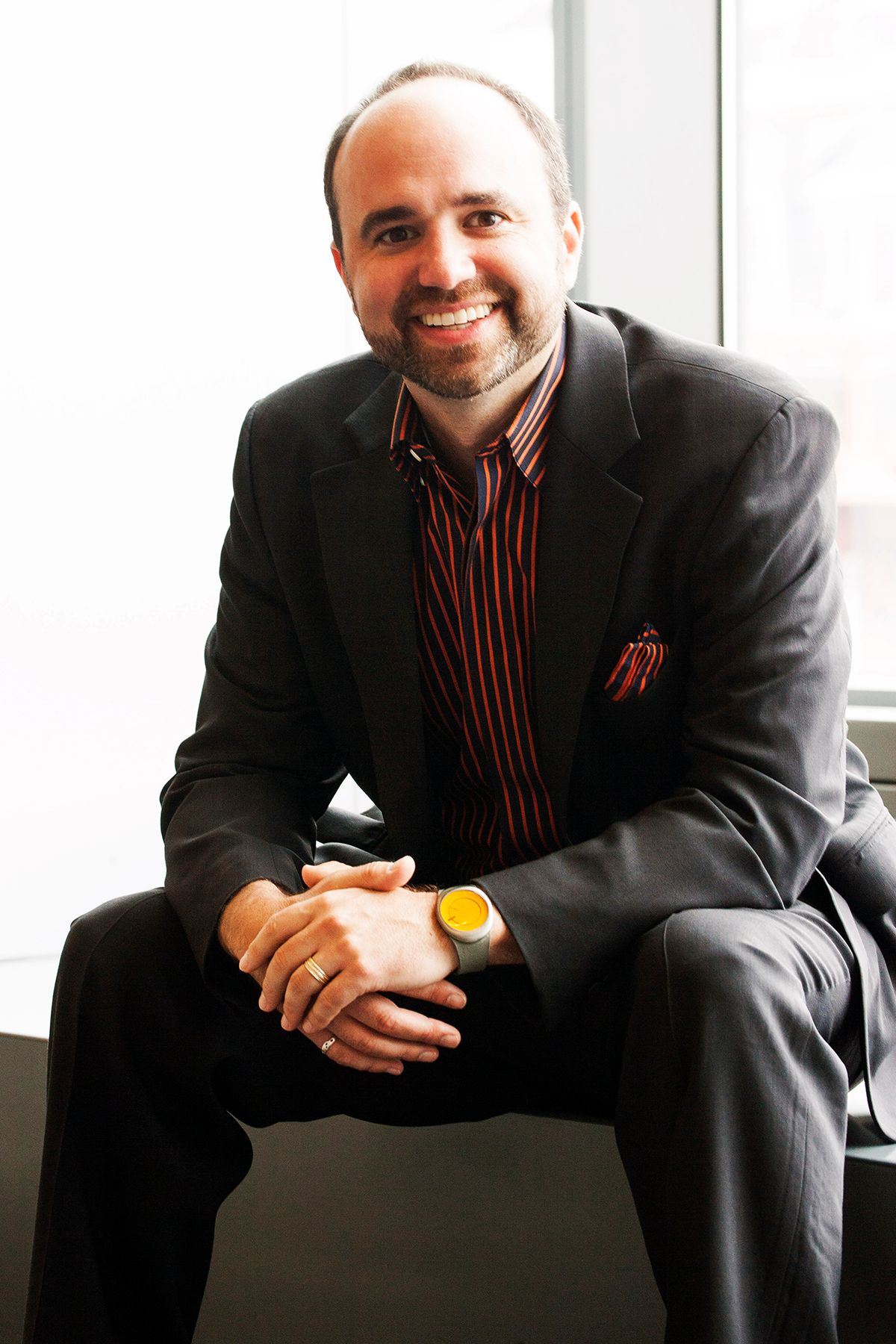
Joe Pulizzi
KEY HIGHLIGHTS (see clickable version on www.cmo-stories.com)
[00:36] Who is Joe Pulizzi, and what is his role in the world of content marketing?
[02:00] Can you share your personal journey and how you became a leading expert in content marketing?
[04:32] What are the key principles and best practices one should consider when implementing a content marketing strategy?
[10:02] How did you become interested in the possibilities of Web3?
[14:31] What challenges do you see businesses facing as they attempt to use Web3 for content marketing and building communities?
[17:18] How did you monetize your community when you first started, was it through tokens, subscriptions, or some other type of access?
[19:34] What are your thoughts on how content marketing could evolve within the metaverse?
[21:42] Can you offer any advice for businesses looking to adopt Web3 technology and maximize its potential for their operations?
[25:25] What other trends do you predict will shape the content marketing landscape in the coming year?
[28:54] How can people stay updated on your latest thoughts and insights and connect with you?
NOTABLE QUOTES
"Most marketers don't understand how to do content marketing, how to build an audience, and the type of talent and the type of content that you want to deliver on a regular basis, to actually build a loyal audience that ultimately wants to buy from you"
"I'm not in the prediction business, but I do make predictions on occasion. If Apple comes along or Google comes along and they integrate a digital wallet in with the phones, there's some downside to that. But just think of how easy that will make it for people to onboard."
"I feel our community at the Tilt is very educated as to what's going on. But still, I would say 90% of them still have problems with the technology behind it"
RESOURCES
Joe Pulizzi's website: https://www.joepulizzi.com/
Tilt newsletter: Tilt.com
Creator Economy Expo (CEX): A big show every May where they talk about how individual creators can build full time content businesses.
Joe's latest book: Content Inc
CONNECT
LinkedIn: https://www.linkedin.com/in/joepulizzi/
Twitter: https://twitter.com/JoePulizzi
Instagram: https://www.instagram.com/joepulizzi/

